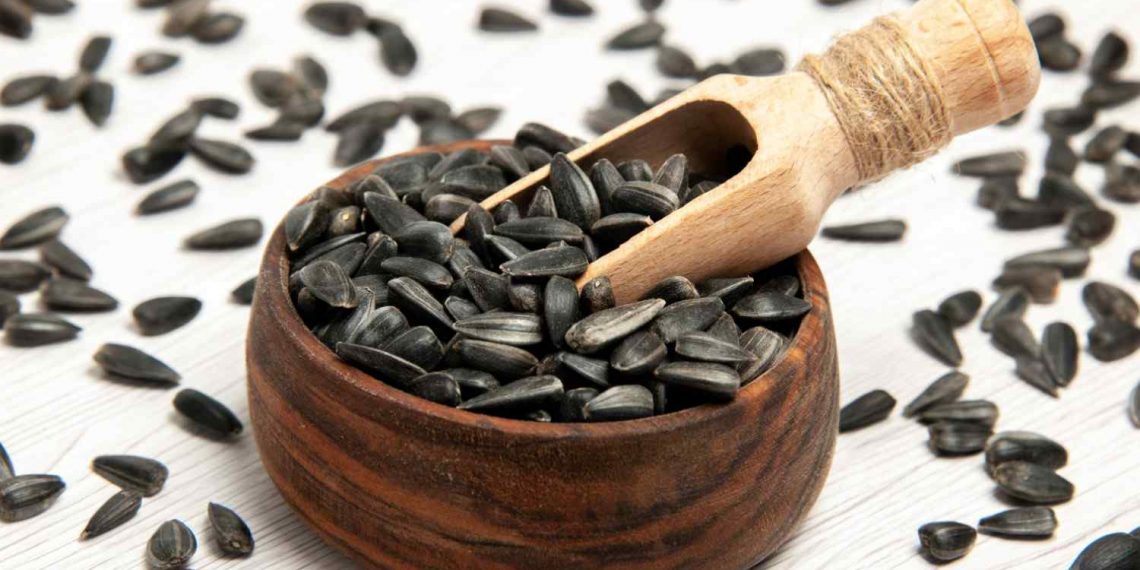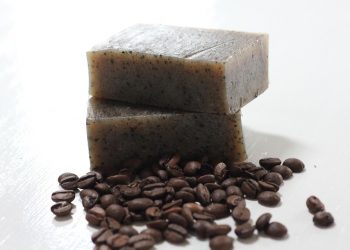Contents
5 Delicious Ways to Boost Gut Health with Sunflower Seeds
Did you know that the gut microbiome plays a crucial role in not just digestion but also your overall health? It’s a lively ecosystem teeming with bacteria, both good and bad, and maintaining its balance is essential. But how do we support this delicate balance? One surprisingly delightful approach is through sunflower seeds. Yes, those humble little seeds can pack a powerful punch for your gut health! Let’s dive into five delicious ways to incorporate sunflower seeds into your diet for better gut health.
1. Sunflower Seed Butter
If you’re a fan of nut butters, you’re going to love sunflower seed butter. It’s creamy, nutty, and can be used in countless recipes, from smoothies to sandwiches. But how does it help your gut?
Gut Benefits: Sunflower seed butter is rich in fiber, which is essential for a healthy gut. Fiber helps fuel beneficial bacteria, encouraging their growth while keeping your digestive system running smoothly. Plus, it contains healthy fats and protein, making it a nutritious alternative to peanut or almond butter.
How to Use: Spread sunflower seed butter on whole-grain toast, add it to oatmeal, or blend it into smoothies for a creamy texture. Want a tasty treat? Pair it with apple slices or celery sticks for a satisfying snack.
Caveats: While sunflower seed butter is nutritious, moderation is key due to its calorie content. It’s easy to overdo it, especially if you’re using it as a spread.
2. Roasted Sunflower Seeds
Roasting sunflower seeds not only enhances their flavor but also makes them crunchy and enjoyable as a snack. But what about their gut health benefits?
Gut Benefits: Roasted sunflower seeds are a great source of vitamin E and magnesium, both known to support gut health. Fiber in the seeds helps promote regular bowel movements and can reduce the risk of constipation.
How to Use: Snack on them straight out of the bag, toss them into salads for extra crunch, or add them to your homemade trail mix.
Caveats: Be cautious of added salts or flavors in pre-packaged roasted sunflower seeds. Opt for natural versions without additives to maximize health benefits.
3. Sunflower Seed Pesto
If you’re looking for a fresh and vibrant addition to your meals, sunflower seed pesto is a game-changer. Traditional pesto often uses pine nuts, but sunflower seeds offer an equally delicious and gut-friendly alternative.
Gut Benefits: The basil and garlic in pesto bring their own health benefits, but the sunflower seeds provide healthy fats and fiber, making this sauce not just tasty but also beneficial for your gut microbiome.
How to Use: Toss sunflower seed pesto with whole grain pasta, use it as a sandwich spread, or drizzle it over roasted vegetables for added flavor.
Caveats: While making pesto at home allows you to control the ingredients, store-bought versions can be high in unhealthy oils or preservatives. Making your own ensures you’re getting the healthiest version.
4. Sunflower Seed Granola
Granola is a breakfast staple that can be both delicious and nutritious. Adding sunflower seeds to your granola can elevate its gut health benefits.
Gut Benefits: Granola made with oats and sunflower seeds is a fiber-rich breakfast option. Fiber helps maintain a healthy gut by promoting the growth of beneficial bacteria. Plus, sunflower seeds provide essential nutrients like zinc, which plays a role in gut health.
How to Use: Enjoy sunflower seed granola with yogurt or milk. It can also be a great topping for smoothies or used in energy bars.
Caveats: Be wary of store-bought granolas that are often loaded with sugars. Making your own at home allows you to ensure it’s healthy and tailored to your taste.
5. Sunflower Seed Smoothies
Smoothies are an easy way to pack a punch of nutrients into your day, and sunflower seeds can easily be blended in for an extra health boost.
Gut Benefits: Adding sunflower seeds to your smoothie not only enhances the flavor but also increases its fiber and protein content. This combination can help keep you feeling full and satisfied while supporting your gut health.
How to Use: Blend sunflower seeds with your favorite fruits, veggies, and a liquid base (like almond milk or coconut water) for a refreshing and nutritious drink.
Caveats: If you’re watching your calorie intake, be mindful of how many seeds you’re adding. A tablespoon or two goes a long way!
FAQs
1. Are sunflower seeds a good source of probiotics?
No, sunflower seeds are not a source of probiotics. They are, however, prebiotic, meaning they help feed the beneficial bacteria in your gut.
2. How many sunflower seeds should I eat daily for gut health?
A handful (about 1 ounce or 28 grams) a day is a good starting point, but this varies based on individual caloric needs.
3. Can sunflower seeds cause digestive issues?
In some cases, eating too many sunflower seeds can lead to digestive discomfort due to their high fat and fiber content. It’s best to start with small amounts if you’re not used to high-fiber foods.
4. What is the best way to store sunflower seeds?
Store sunflower seeds in an airtight container in a cool, dark place, or refrigerate them to prolong freshness.
Conclusion
Incorporating sunflower seeds into your diet can be a delicious and effective way to boost your gut health. From creamy sunflower seed butter to crunchy roasted seeds, the options are endless. Not only do they provide essential nutrients, but their versatility makes them easy to add to various meals and snacks.
So next time you’re looking for a health boost, consider reaching for sunflower seeds. They’re not just tasty; they’re a powerhouse for your gut too! Remember, balance and moderation are key, so get creative and enjoy these delightful seeds in your meals.
Disclaimer: This article is for educational purposes only and is not a substitute for professional medical advice. Always consult a qualified healthcare provider before making changes to your health routine.
References
-
Pizzorno, J., & Murray, M. T. (2016). Textbook of Natural Medicine. Elsevier. https://www.elsevier.com/books/textbook-of-natural-medicine/pizzorno/978-0-323-32815-3
-
Smith, E. M., & Kreydin, E. I. (2019). Sunflower Seed Nutrition and Health Benefits. Nutrients, 11(4), 825. https://www.mdpi.com/2072-6643/11/4/825
-
Harvard Health Publishing. (2021). The Gut Microbiome: What You Need to Know. https://www.health.harvard.edu/diseases-and-conditions/the-gut-microbiome-what-you-need-to-know
Get Your FREE Natural Health Guide!
Subscribe now and receive our exclusive ebook packed with natural health tips, practical wellness advice, and easy lifestyle changes — delivered straight to your inbox.














